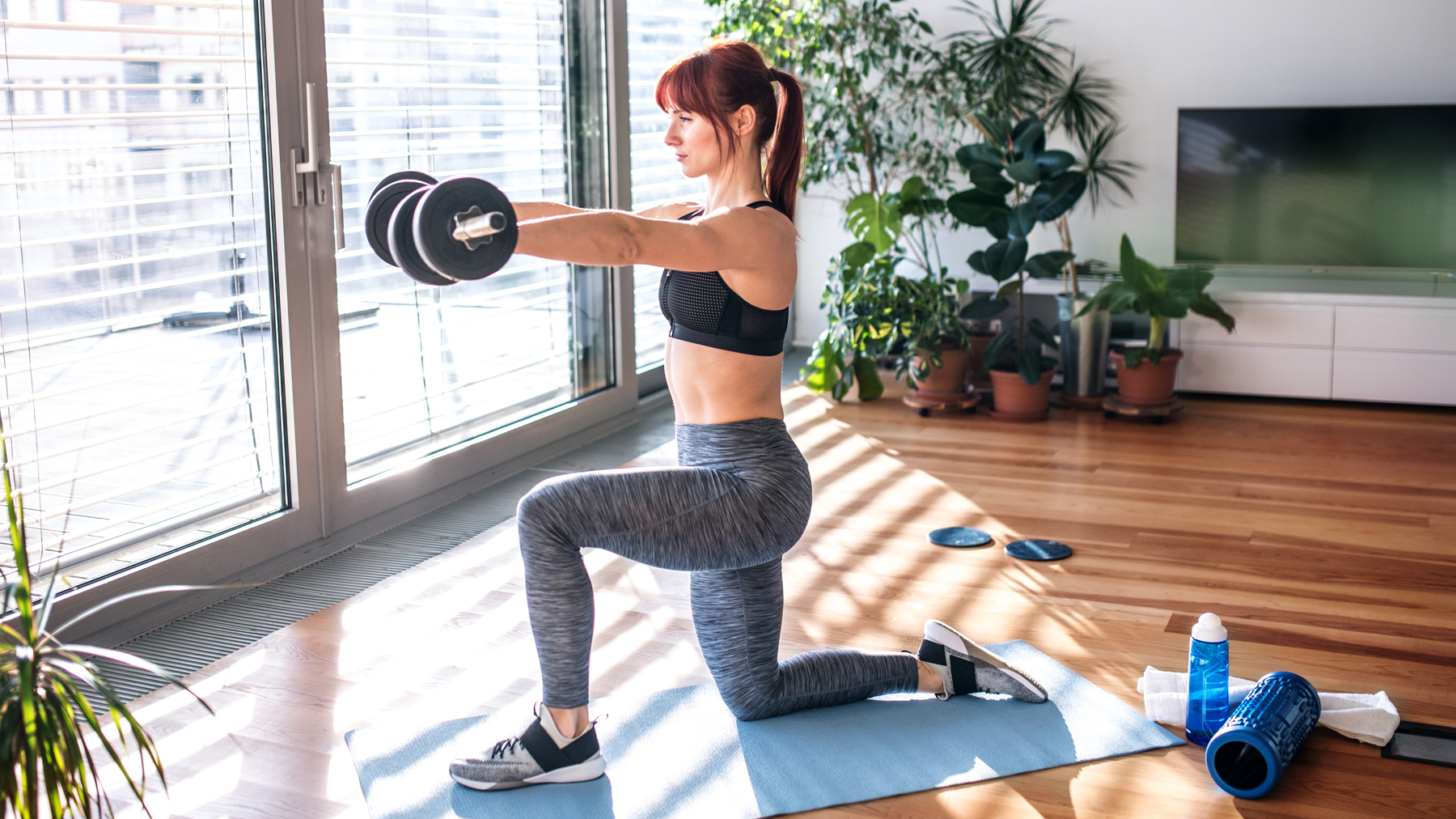Here’s how often you should resistance train if you want to build muscle, reveals study
Not sure how often you should be strength training to get results? Here's what science recommends


Start your week with achievable workout ideas, health tips and wellbeing advice in your inbox.
You are now subscribed
Your newsletter sign-up was successful
Don't be fooled into thinking you've got to lift every single day to see and feel bigger muscles. Sometimes less is more in life and this can be applied to resistance training for muscle growth.
Whether you like deadlifting with the barbell at the gym, completing a weighted circuit with one of the best kettlebells, or adding resistance to your workouts at home with one of the best resistance bands, these are all great ways to engage your muscles during a workout.
But knowing how often you actually need to be strength training in order to notice results, will make your muscle building goals much more efficient and sustainable. A research paper published in the Sports Medicine journal has put this to the test, and revealed that at the very least, you should train twice a week to maximize muscle growth.
Through conducting a systematic review and meta-analysis, the researchers aimed to determine the effects of resistance training frequency on muscle growth. And after referring and analysing the outcomes of ten studies, they concluded that resistance training anything less than two times a week won't promote 'superior hypertrophic outcomes'.

The study referred to all major muscle groups in the conclusion, this infers that training the chest, back, arms & shoulders, abs, legs and glutes are all muscles that you should aim to engage in your bi-weekly resistance workouts.
This is not to say that you shouldn't train more than this, but two is a healthy goal for beginners to stick to and get results. If you ensure to take rest days and are confident in your fitness abilities then three or four sessions won't dent your muscle growth.
Training other areas of fitness won't dampen your progress either, this can enhance your performance. Depending on how muscular you want to be, you might not want to go on any big runs. But doing some light cardio on your rest days from weight training can aid your recovery.
Start your week with achievable workout ideas, health tips and wellbeing advice in your inbox.
You should also always prioritise consuming daily protein to allow your muscles the conditions they need to rest, repair, and grow. If you don't get enough protein from your diet, then our best protein powder for weight loss can help you out.
Lastly, don't forget to stretch out your muscles after a resistance session. Using a best foam roller to help relieve muscle pain, tightness, or inflammation. It can also boost your joint range of motion.
Jessica is an experienced fitness writer with a passion for running. Her career in journalism began in local news and she holds a Masters in journalism. Jessica has previously written for Runners World, penning news and features on fitness, sportswear and nutrition.
When she isn't writing up news and features for Fit&Well covering topics ranging from muscle building, to yoga, to female health and so on, she will be outdoors somewhere, testing out the latest fitness equipment and accessories to help others find top products for their own fitness journeys. Her testing pairs up nicely with her love for running. She recently branched out to running 10Ks and is trying to improve her time before moving on to larger races. Jessica also enjoys building on her strength in the gym and is a believer in health and wellness beginning in the kitchen. She shares all of this on her running Instagram account @jessrunshere which she uses for accountability and for connecting with like-minded fitness lovers.
